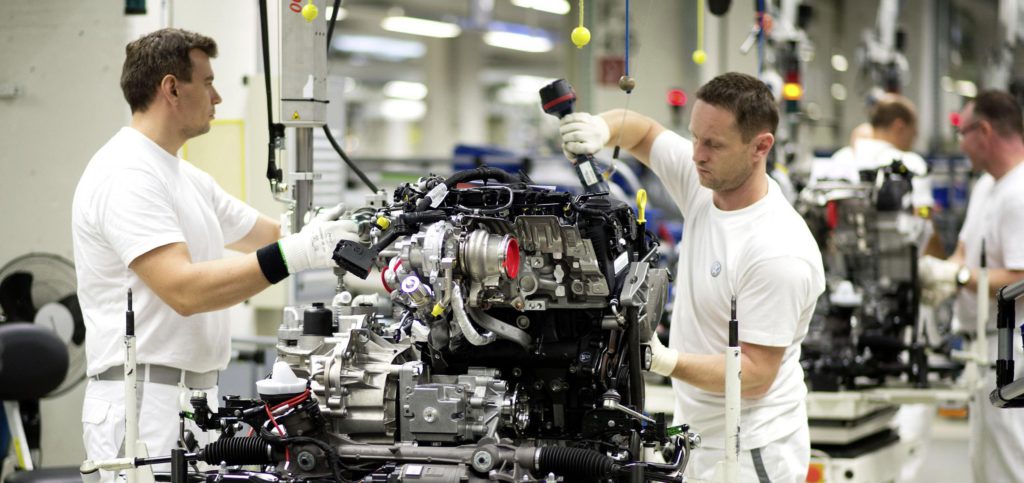Volkswagen could accelerate EV plans due to new European CO2 targets
13 November 2018

13 November 2018
German vehicle manufacturer Volkswagen (VW) is expected to outline a faster shift to electric vehicles (EVs) while also exploring the possibility of joining a consortium exploring European manufacturing of batteries.
The company is to hold a Supervisory Board Meeting on 16 November where the measures will be discussed. VW is investing up to €70 billion in its EV development by 2025, with its new MEB platform expected to be used by all brands within the group. Initial plans were to see an electrified version of all models by the middle of the next decade.
According to sources close to the subject, the need to accelerate plans has arisen as the EU Parliament continues with its plans for a 35% reduction on CO2 levels based on 2021 figures, with a 15% reduction by 2025. Should these targets not be met, carmakers will face stiff financial penalties.
News of VW’s endeavours in the electric vehicle market has been rife in recent weeks, with suggestions that the manufacturer will form a closer partnership with Ford, moving beyond commercial vehicle development to possibly sharing the MEB platform with the US carmaker and potentially working together on autonomous vehicle development.
It is expected that these ties will be discussed at the meeting, together with plans to bring forward targets for EV deployment, as German rival Daimler launches its EQC SUV onto the market next year, and BMW looks to expand its electric offering. The company is likely to rubber-stamp plans to convert two facilities into EV production plants, shifting manufacturing of the Passat to another factory, potentially in the Czech Republic, where its Skoda models are built.
The company’s management is aware that a shift to electric cars will result in shrinking its workforce, but it wants to cut headcount responsibly so that tens of thousands of ageing workers can retire rather than be made redundant.
Battery building
Part of the problem in producing electric vehicles is the need to source batteries. However, the company may be open to joining a German consortium exploring the production of cells, with the topic also set to be discussed in the meeting.
The company has already agreed on a deal with Asian supplier LG Chem and China’s Contemporary Amperex Technology, but CEO Herbert Diess has said Germany should wean itself off a dependence on Asian suppliers.
However, the German Government is coordinating efforts to form a multi-company consortium designed to develop units in the country, as part of a push to encourage the development of EVs. It has already earmarked €1 billion to support the venture and aims to have 30% of battery production in EVs coming from Europe by 2030, according to the country’s Economy Minister Peter Altmaier.
Altmaier said Germany wanted to work with other European countries, adding that he was already in contact with France, Poland and Austria on the issue.